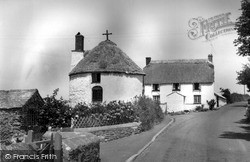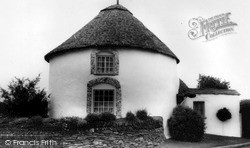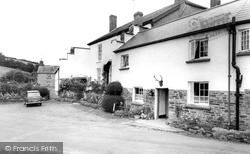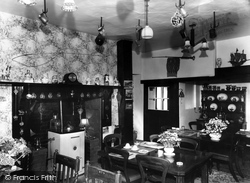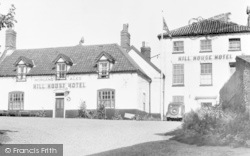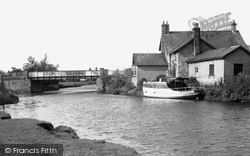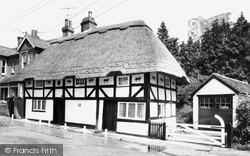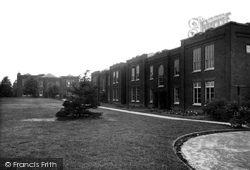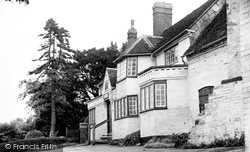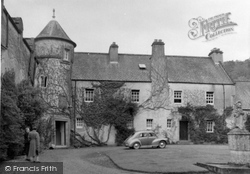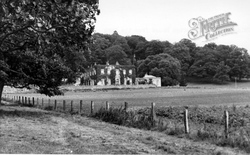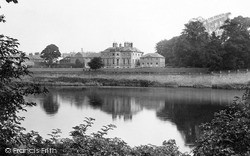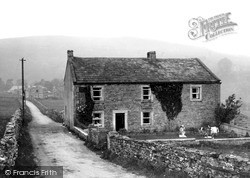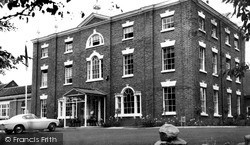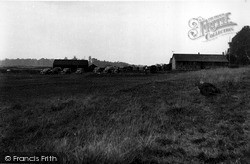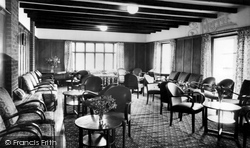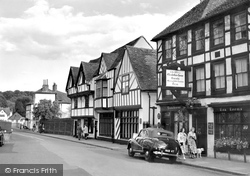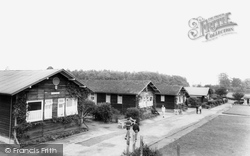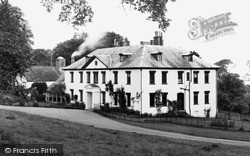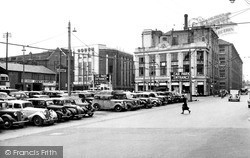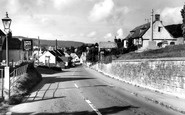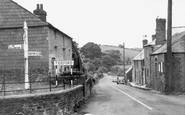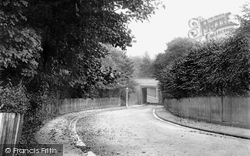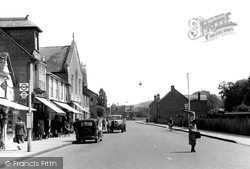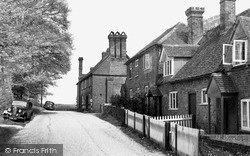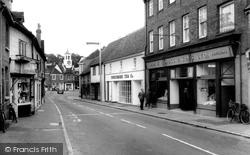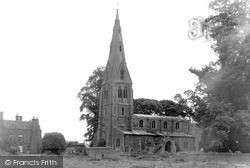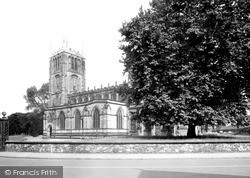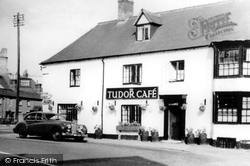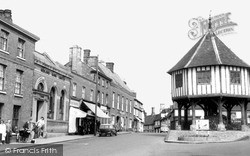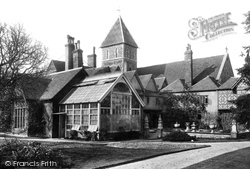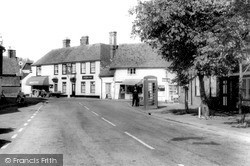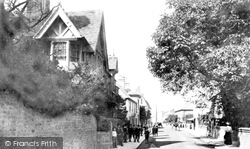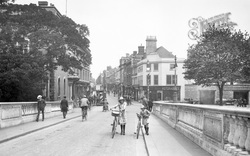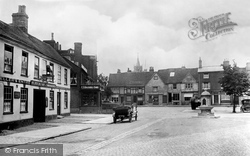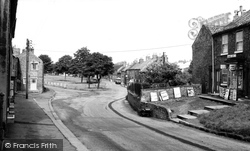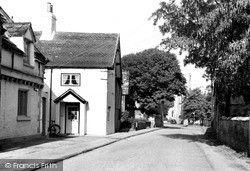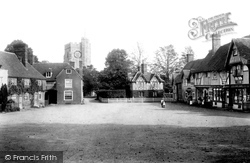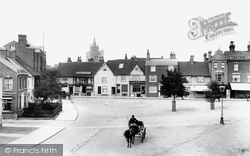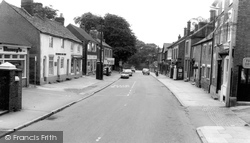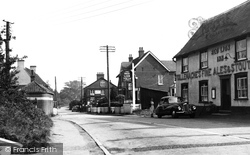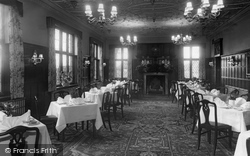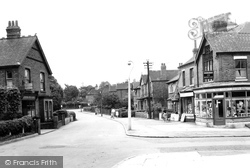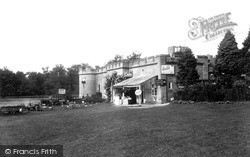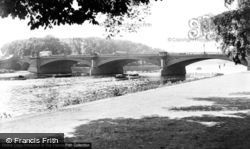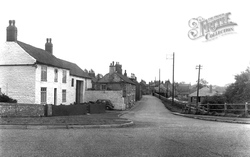Places
36 places found.
Those places high-lighted have photos. All locations may have maps, books and memories.
- Chatsworth House, Derbyshire
- Osborne House, Isle of Wight
- Brambletye House, Sussex
- Ickworth House, Suffolk
- Kingston Lacy House, Dorset
- Boscobel House, Shropshire
- Preshute House, Wiltshire
- Bolton Houses, Lancashire
- Brick Houses, Yorkshire
- Quaking Houses, Durham
- Water Houses, Yorkshire
- Bottom House, Staffordshire
- New House, Kent
- Mite Houses, Cumbria
- Lyneham House, Devon
- Church Houses, Yorkshire
- Dye House, Northumberland
- Spittal Houses, Yorkshire
- Street Houses, Yorkshire
- Tow House, Northumberland
- Halfway House, Shropshire
- Halfway Houses, Kent
- High Houses, Essex
- Flush House, Yorkshire
- White House, Suffolk
- Wood House, Lancashire
- Bank Houses, Lancashire
- Lower House, Cheshire
- Marsh Houses, Lancashire
- Chapel House, Lancashire
- Close House, Durham
- Guard House, Yorkshire
- Hundle Houses, Lincolnshire
- Hundred House, Powys
- Thorley Houses, Hertfordshire
- School House, Dorset
Photos
6,747 photos found. Showing results 5,061 to 5,080.
Maps
370 maps found.
Books
Sorry, no books were found that related to your search.
Memories
10,363 memories found. Showing results 2,531 to 2,540.
Uley, The Street
When I spent my holidays in Uley during the mid 1950s, open drains ran at the edge of the street, for dirty water (not sewage) draining from the houses adjoining the road! I recall the Post Office, Mr Phillp's grocery store (by the bus ...Read more
A memory of Uley by
Grantchester School 1953 1955
Grantchester School 1953-1955: Mrs Alice Freeman was the Headmistress, in charge of the Juniors, whilst Miss Chatterton took the Infants class. We had regular visits from a lady from the British Red Cross who ...Read more
A memory of Grantchester by
October Gale
High winds and loud crashing in the middle of the night. Not long after my divorce, moving back to live with my mother and father. We were woken by crashing of bricks from the gable end of the house. Both mine and my father's ...Read more
A memory of Great Wigborough in 1987 by
Living In Binfield 1946 1971
I moved to Binfield with my parents Rose and Cyril Richardson and my brother Brian in 1946. We lived in Rose Hill at a house called “Athlone”. It isn’t there any more, it was demolished and six houses built on the ...Read more
A memory of Binfield by
400 Green Lane
It is with found memories of growing up in the war years that I look back on my time in Palmers Green. We had moved from Tottenham in 1940 when I was 6 years old into the shop and house opposite the Fox Lane Almshouses. My ...Read more
A memory of Palmers Green in 1941
Childhood
My name is Gail Godden, formally Morris, my father was Tony (Anthony Morris), my mother Eugene (Jean Morris). My father and I were both born at No. 6 Church Row, West Peckham, we moved to No. 2 Church Row. West Peckham has a strong ...Read more
A memory of West Peckham by
Cinema House
This memory is for my Pops, Mr Thomas Raymond Manley who has recently passed on. We talked for hours about his time in Wales as a young boy. He lived in Evanstown near Gilfach Goch and had very fond memories of visiting the ...Read more
A memory of Gilfach Goch by
My Stay At Collaton Cross
I lived in Collaton Cross for a short while when my Husband was in the R.A.F. My surname then was TURTLE. My son Nicholas was born in the house in Collaton Cross. He was ill at birth and taken to Freedom Fields Hospital ...Read more
A memory of Collaton in 1961 by
Farming At Hessenford
I moved to Hessenford in about 1958 when my father took on the tenancy of St Anne's Farm. The farm was situated up past the church on the lane that led from Hessenford to Bake. Previously we had lived at West Trenean Farm, ...Read more
A memory of Hessenford in 1958 by
Tideford
This photograph shows Tideford prior to 1961, a quiet village on the road between Trerulefoot and Saltash. That was all about to change when the new Tamar road bridge was opened connecting Saltash with Plymouth in 1961. What had been a ...Read more
A memory of Tideford in 1961 by
Your search returned a large number of results. Please try to refine your search further.
Captions
6,914 captions found. Showing results 6,073 to 6,096.
Since the photograph was taken, houses have been built to the right, and a block of flats to the left. The bridge now has a metal mesh balustrade, but the cast-iron spans are unchanged.
The original Red Lion, after which the street was named, stood at the junction with Germain Street and, due to road improvements, was replaced by a 1930s neo-Georgian road house style pub.
Nos 1, 2 and 3 Church Cottages on the right were once a single 17th century timber-framed house whose original brick stack with three chimney shafts can be seen on the gable.
Dunstable Street housed most of the 'household' shops in 1955 - the situation has considerably altered since then as the town has expanded its boundaries.
Here we see Warboys church, with the 17th-century Dutch-influenced manor house next door.
Close by is Loughborough's Manor House, now a hotel and restaurant.
The Vicarage (not visible) is an attractive chequered brick Georgian house.
The modern shop fronts in the town hide many old medieval houses.
Since then the Priory has undergone extensive restoration and modernisation, and is now a private house.
The white Unicorn public house shows in the distance with a tractor and trailer parked outside.
In the picture we see large houses with garden walls of flint. Children wait on the pavement and road edge to be included in the photograph.
Moving northwards, we cross the Ouse bridge, with the High Street ahead.
By this time, one of the houses has become a shop. The Red Lion on the left is now the Hobgoblin.
This one, with the beck running through it, was built up in the 19th century to house workers at the nearby mill, where for a hundred years John Wilford & Sons produced linen, flax and wool.
Modern housing now covers most of the old estate and nursery, and only the name remains in street signs.
of what many claim is Kent's prettiest village: the tower of its 15th-century flintstone church of St Mary's looks down on this spacious square lined with half-timbered Tudor and Jacobean cottages, houses
The houses on the left, by 1901 shops but retaining front gardens, were replaced in the 1960s by mediocre offices over a shop.
The camera looks north-south along the High Street as it crosses the Leicester to Nottingham railway, and at a not unattractive group of houses and shops ranging in date from the 18th
The 1880s red brick house beyond with veranda under the gable was part of the Berners' estate at Woolverton Hall. Set back out of view is the Methodist chapel of 1879.
Ye Olde Bell was described in the 18th century as a 'gentleman-like, comfortable house'; it has some fine rooms, including this one with panelling and a Jacobean-style plaster ceiling, all Victorian.
The post office on the left is now a house; the post office has moved across the road into Read the tobacconist's next to the Gedling Wine Stores on the corner of Waverley Avenue – this shop is now
No longer tea rooms, they are now private houses partly screened by hedges.
This brief tour ignores the Georgian houses of High Pavement, the castle and the famous Lace Market area to descend to the River Trent.
The house on the left, South Royd, with its attached barn, has now had the paint removed from the stonework.
Places (80)
Photos (6747)
Memories (10363)
Books (0)
Maps (370)


